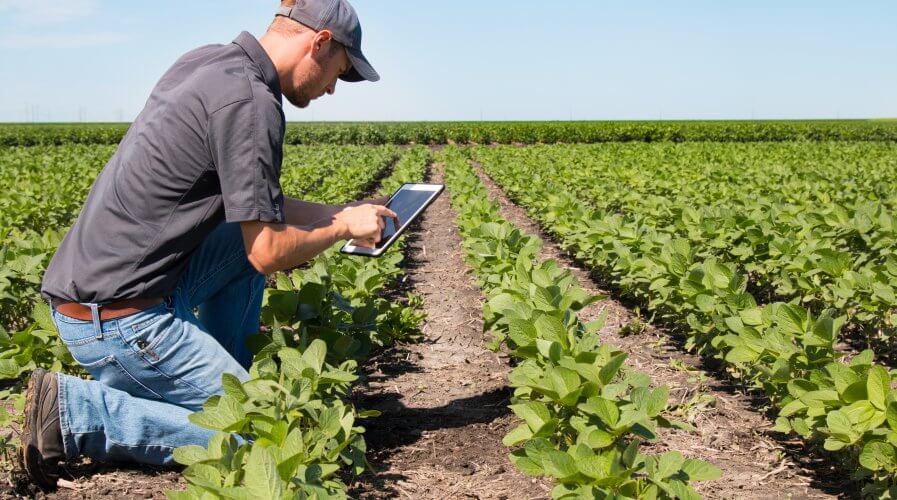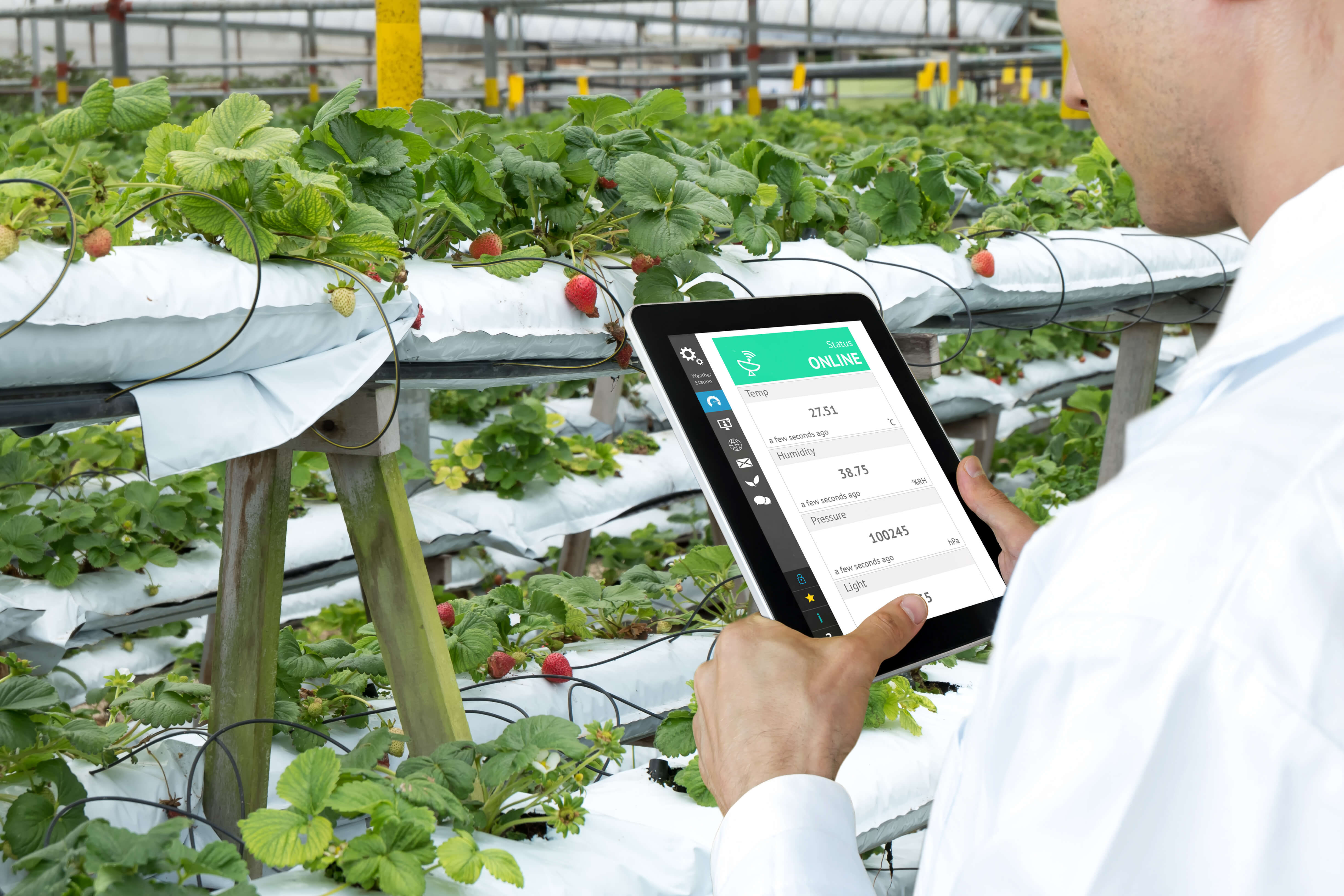
The Internet of Things is crucial for the growth of our agriculture sectors, but they need to be guarded against cyberattacks. Source: Shutterstock
Agriculture is our most vital industry and it needs cybersecurity
AGRICULTURE today is becoming ever more reliant on Internet of Things (IoT) technologies, but a good many also have their eyes trained on the potential vulnerabilities our most vital industry may be exposed to through agritech devices.
It should come as no surprise that the Internet of Things has become popular with agritech firms. The wide network of connected sensors that characterizes IoT systems are ideal for farming as they can alleviate the time-heavy monitoring aspect of the industry through devices that can measure weather, water levels and soil health.
It’s the path to helping us lead more sustainable lives on the planet and undertake the significant task of feeding more than 7.5 billion people on the planet. By 2050, there are expectations that the global population will reach 9.7 billion, which will require massive efforts to boost food production levels by 70 percent – which is where IoT in agritech comes in.
Agritech powered by IoT can help allocate resources more effectively for the highest impact, while also reducing out carbon footprint in the world. An independent research project commissioned by Inmarsat found that agritech has seen some of the highest IoT adoption levels in a cross-industry survey, outpacing mining, transport and energy.

The Internet of Things (IoT) devices could help us grow food more rapidly and waste fewer resources. Source: Shutterstock
“Agritechs are already proving a boon for farmers, deploying technologies like IoT to help them speed up the journey that food takes from ‘seed to bin’ and from ‘farm to fork’,” said Chris Harry-Thomas, director of Inmarsat’s sector development agriculture department.
“IoT technologies are being leveraged to automate irrigation and fertilization systems on farms, to add new precision to operations and reduce waste, and to automate farming machinery, reducing the need for manual intervention.”
However, with widespread tech comes the challenge of defending against the rising tide of cyber-based attacks that are speeding up all over the world in various industries.
According to the “Future of IoT in Enterprise – 2017” study, though around 54 percent of surveyed enterprises have already implemented IoT or are in the midst of doing so, only 23 percent are totally confident of the ability of their security systems to defend against encroaching security threats.
The study surveyed respondents from 100 of the world’s big agritech companies and asked them about their IoT integration plans. Though the majority (52 percent) of respondents said that they were investing in new security technologies to complement their IoT systems, 55 percent said that they confident about their systems’ to counter cyberattacks.

The speed of adoption of new technologies into agriculture without a concurrent rise in cybersecurity could endanger the sector. Source: Shutterstock
“These threats are not trivial. Whereas an industrial-scale cyber attack in any industry can do significant harm to a business’s bottom line, such an attack in the agricultural sector could see whole crops decimated and have severe consequences for the quality of life of entire populations,” said Harry-Thomas.
“It’s therefore critical that agritech businesses can take the necessary measures to counter these risks, and it’s clear from our research that there is a significant amount of room for improvement in this area.”
According to the report, two key areas that needed to be improved to counter the occurrence of cyberattacks in the industry were network protections and demand of cybersecurity skills. Only 42 percent of surveyed said that “special consideration” had been given to the development of their IoT solutions.
Meanwhile, almost half (47 percent) of respondents said that they lacked the skills necessary to deploying IoT effectively, meaning that these systems are running largely understaffed. Over half (55 percent) of respondents said they needed additional support for their cybersecurity solutions.
READ MORE
- Data Strategies That Dictate Legacy Overhaul Methods for Established Banks
- Securing Data: A Guide to Navigating Australian Privacy Regulations
- Ethical Threads: Transforming Fashion with Trust and Transparency
- Top 5 Drivers Shaping IT Budgets This Financial Year
- Beyond Connectivity: How Wireless Site Surveys Enhance Tomorrow’s Business Network






